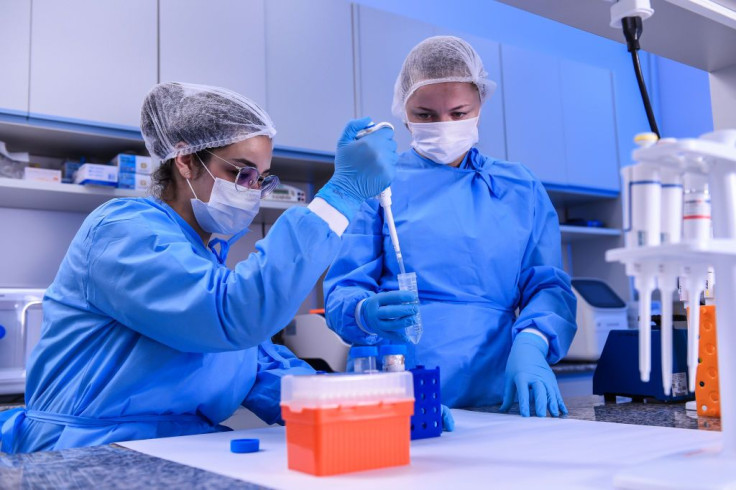An Imperial College professor has claimed that the coronavirus vaccine could be available by the first half of 2021 “if things go extraordinarily well.” The university is working on one of the two coronavirus vaccines being developed in the U.K.
Researchers at Imperial College are set to start their own human trials on June 15. Another trial involving 6,000 participants is also planned for October. If both trials turn out successful, the researchers may be able to distribute the coronavirus vaccine in the U.K. and other countries early next year.
In a statement, Professor Robin Shattock, head of Imperial’s research team, said the vaccine could be available in the first two quarters of next year if the trials go well. “We have spent an intense six months to fast-track our vaccine to the clinic,” he said. “Now, we are ready to combat the virus through our clinical trials,” he added.
Oxford University’s Jenner Institute, the other university working on the second bid to develop a coronavirus vaccine, is now in the latter stages of the clinical pathway. Shattock’s team has been collaborating with the Oxford researchers in sharing data and results.
In a webinar on Tuesday, Shattock clarified issues that the two universities have been competing with each other in the development of a coronavirus vaccine. “We are often pitted against each other or seen to be in a race against each other, but actually we are collaborating very closely, exchanging material, and the two approaches may well be able to be used together, in a prime/boost approach,” he explained.
Shattock also dismissed claims that Imperial and Oxford are trying to beat each other. “We are trying to work together and make a vaccine available in the fastest possible time,” he said.
This week, Imperial researchers have developed an RNA vaccine that delivers genetic instructions to the body’s cells to make the “spike” protein seen on the surface of the new coronavirus that causes COVID-19. If injected into the human body, this protein boosts a person’s immune response, offering protection against coronavirus. Shattock said that while the first vaccines to emerge may not offer full protection, they may help reduce the severity of COVID-19.

© 2025 Latin Times. All rights reserved. Do not reproduce without permission.


